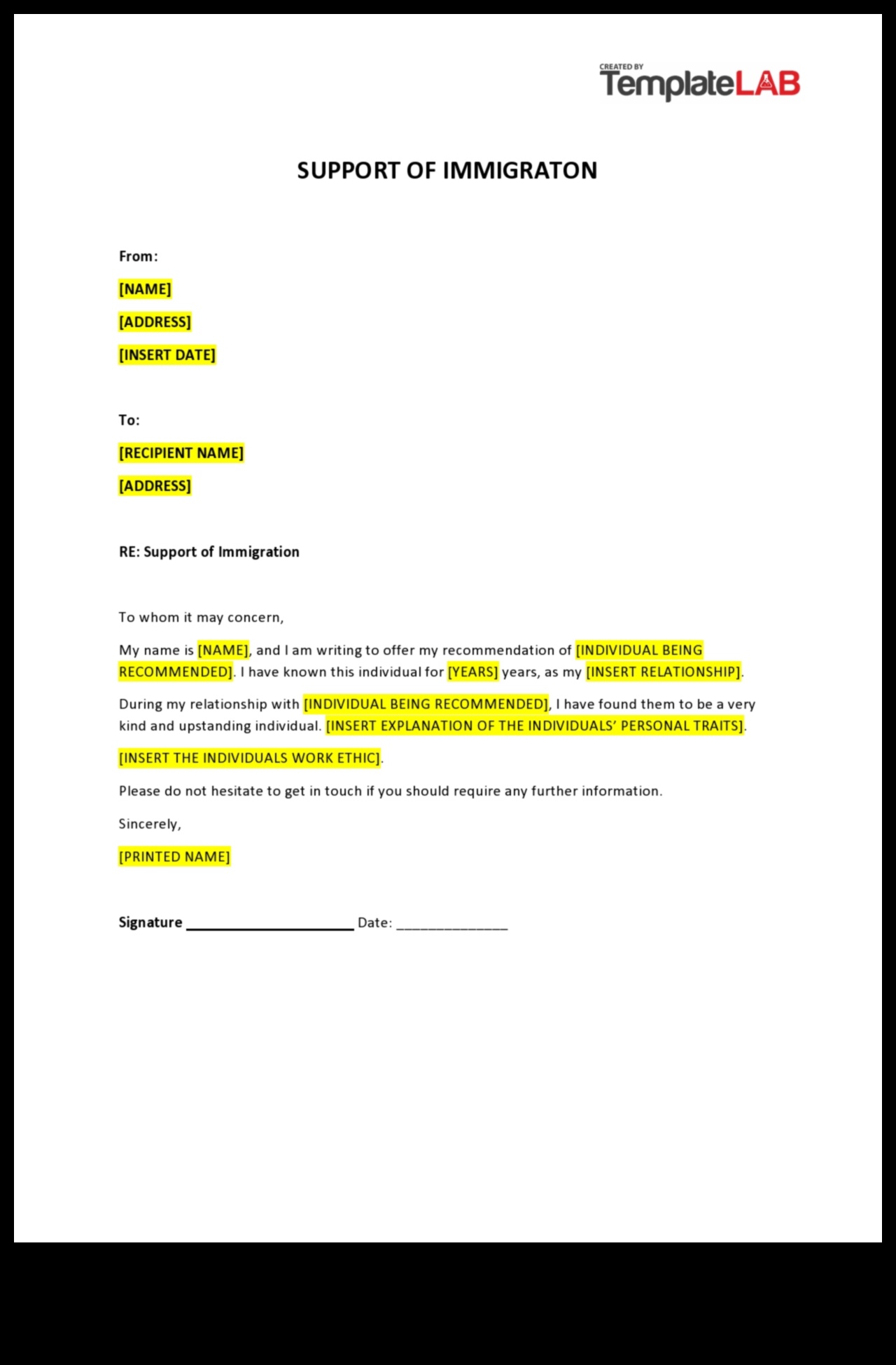Immigration A Double-Edged Sword


What is Immigration?
Immigration is the movement of people from one country to another for the purpose of settling permanently.
There are many different types of immigration, including:
- Economic immigration: People who immigrate for economic reasons are looking for better opportunities in a new country. They may be seeking higher wages, better job opportunities, or a more stable political and economic environment.
- Family reunification: People who immigrate to reunite with their families may be doing so for a variety of reasons, such as to escape persecution or to provide a better life for their children.
- Refugee immigration: Refugees are people who have been forced to flee their home countries due to war, persecution, or other forms of violence. They are seeking asylum in a new country where they can live in safety and peace.
- Student immigration: Students who immigrate to study in a new country are doing so in order to further their education. They may be seeking a degree from a prestigious university, or they may be looking to learn a new language or gain new skills.
The impact of immigration on a country’s economy and society can be significant. Immigrants can bring new skills and talents to a country, and they can help to fill labor shortages in certain industries. They can also contribute to the economy by starting businesses and creating jobs. However, immigration can also put a strain on a country’s resources, such as housing, education, and healthcare. It can also lead to social tension if immigrants and native-born citizens do not integrate well into society.
Governments have a variety of policies in place to manage immigration. These policies can include setting limits on the number of immigrants who can enter a country, requiring immigrants to have certain skills or qualifications, and providing assistance to immigrants who are struggling to integrate into society.
Immigration is a complex issue with no easy answers. However, it is an important issue that is worthy of discussion.
| Topic | Answer |
|---|---|
| Immigration | The movement of people from one country to another |
| Immigrant | A person who has immigrated to a new country |
| Migration | The movement of people from one place to another, either within a country or between countries |
| Expat | A person who lives in a country other than their native country |
| Citizenship | The legal status of being a citizen of a particular country |

II. Economic Impact of Immigration
The economic impact of immigration is a complex and controversial topic. There are many different factors to consider, including the size and skill level of the immigrant population, the industries in which they work, and the policies that governments have in place to manage immigration.
Some economists argue that immigration can have a positive impact on a country’s economy. They point to studies that have shown that immigrants tend to be more entrepreneurial than native-born workers, and that they create more jobs than they take. Immigrants also tend to work in low-wage jobs that native-born workers are unwilling to do, which can help to keep wages down for everyone.
Other economists argue that immigration can have a negative impact on a country’s economy. They point to studies that have shown that immigrants can compete with native-born workers for jobs, and that they can drive down wages. They also argue that immigrants can put a strain on public services, such as education and healthcare.
The truth is that the economic impact of immigration is likely to vary depending on the specific circumstances of a country. There is no one-size-fits-all answer to the question of whether immigration is good or bad for the economy.
Social Impact of Immigration
The social impact of immigration is a complex and multifaceted issue. It can have both positive and negative effects on a country’s population, economy, and culture.
Some of the positive effects of immigration include:
- Increased economic growth
- Greater diversity
- Improved innovation
- Strengthened labor force
Some of the negative effects of immigration include:
- Increased competition for jobs
- Higher housing costs
- Increased crime rates
- Social tension
The overall impact of immigration on a country is determined by a number of factors, including the size of the immigrant population, the country’s economic conditions, and the government’s policies on immigration.
II. Economic Impact of Immigration
The economic impact of immigration is a complex and multifaceted issue. There are a number of factors that can affect the economic impact of immigration, including the country of origin of the immigrants, the skills and education of the immigrants, and the economic conditions in the country of destination.
In general, immigrants tend to have a positive impact on the economy of the country they move to. They are more likely to be employed than native-born citizens, and they contribute more to the economy in terms of taxes and social security contributions. Immigrants also tend to start businesses and create jobs, which can help to boost economic growth.
However, there can also be negative economic impacts associated with immigration. Immigrants can sometimes compete with native-born workers for jobs, and they can drive down wages. In addition, immigrants can sometimes put a strain on public services, such as healthcare and education.
The overall economic impact of immigration is difficult to determine. There are a number of factors that need to be considered, and the impact of immigration can vary depending on the specific circumstances.

V. Cultural Impact of Immigration
Immigration can have a significant impact on the culture of a country. In some cases, immigration can lead to the creation of new cultural identities, as immigrants from different cultures blend their own traditions with those of their new country. In other cases, immigration can lead to the preservation of traditional cultures, as immigrants seek to maintain their cultural heritage in their new home.
The cultural impact of immigration is often complex and multifaceted. It can be difficult to predict how immigration will affect a particular culture, as there are many factors that can influence the outcome. Some of the factors that can affect the cultural impact of immigration include:
- The size of the immigrant population
- The geographic distribution of the immigrant population
- The cultural background of the immigrants
- The policies of the government towards immigration
- The attitudes of the native population towards immigrants
Despite the complexity of the factors involved, there are some general trends that can be observed in the cultural impact of immigration. For example, immigration can lead to an increase in the diversity of a country’s population, as well as an increase in the number of languages spoken and the number of religious beliefs represented. Immigration can also lead to the creation of new forms of art, music, and literature, as well as new businesses and organizations.
In some cases, immigration can also lead to conflict between the native population and the immigrant population. This conflict can be caused by a variety of factors, such as language barriers, cultural differences, and economic competition. However, it is important to remember that conflict is not inevitable. With careful planning and cooperation, immigration can be a positive force for change, leading to a more diverse and vibrant society.

VI. Environmental Impact of Immigration
The environmental impact of immigration is a complex and multifaceted issue. There are a number of factors to consider, including the number of immigrants, their country of origin, their socioeconomic status, and their environmental practices.
Some studies have found that immigrants can have a positive impact on the environment, by bringing new skills and technologies, and by creating jobs and economic growth. However, other studies have found that immigrants can also have a negative impact on the environment, by increasing pollution and resource consumption.
The net environmental impact of immigration is likely to vary depending on the specific context. In some cases, immigration may be a positive force for environmental sustainability, while in other cases it may be a negative force.
More research is needed to better understand the environmental impact of immigration. This research will help policymakers make informed decisions about how to manage immigration in a way that minimizes its environmental impact.
Legal Impact of Immigration
The legal impact of immigration can be significant, both for immigrants themselves and for the countries they move to.
For immigrants, the legal impact of immigration can include the following:
- The ability to obtain a visa or other legal status to enter and remain in a country
- The ability to work legally in a country
- The ability to access social benefits and services
- The ability to vote and participate in political processes
For countries, the legal impact of immigration can include the following:
- The need to create and enforce immigration laws and regulations
- The need to provide services to immigrants, such as language training, education, and healthcare
- The potential impact of immigration on the economy, society, and culture
The legal impact of immigration is a complex and constantly evolving issue. There is no one-size-fits-all solution to the challenges that immigration poses. However, by understanding the legal impact of immigration, countries can better manage the process and ensure that it benefits both immigrants and the countries they move to.

IX. Health Impact of Immigration
The health impact of immigration is a complex and multifaceted issue. There are a number of factors that can influence the health of immigrants, including their country of origin, their socioeconomic status, and their access to healthcare.
Immigrants from low-income countries are more likely to experience health problems than immigrants from high-income countries. This is due to a number of factors, including the fact that they may have less access to healthcare, they may live in more stressful environments, and they may have different dietary and lifestyle habits.
Immigrants who are not fluent in the language of their new country may also experience health problems due to communication barriers. They may have difficulty understanding medical information and instructions, and they may be less likely to seek medical care when they are sick.
The health impact of immigration can also be influenced by the policies that governments have in place. For example, policies that make it difficult for immigrants to access healthcare can have a negative impact on their health.
Overall, the health impact of immigration is a complex issue that needs to be considered from a number of different perspectives. In order to improve the health of immigrants, it is important to address the factors that contribute to their health problems.
IX. Health Impact of Immigration
Immigration can have a significant impact on the health of a population. The influx of new immigrants can bring with them new diseases and health risks, while the process of immigration itself can also be stressful and lead to health problems.
On the positive side, immigration can also bring new skills and resources to a healthcare system, and can help to diversify the population.
In this section, we will discuss the potential health impacts of immigration, both positive and negative. We will also discuss the role of healthcare providers in addressing the health needs of immigrants.
Positive Health Impacts of Immigration
Immigrants are often a source of new skills and resources for a healthcare system. They may bring with them new medical knowledge and expertise, and they may be more likely to work in underserved areas.
Immigrants are also more likely to be bilingual, which can be an asset in a healthcare setting. They can help to bridge the language gap between patients and providers, and they can help to provide culturally-sensitive care.
Finally, immigrants can help to diversify the population, which can lead to a more creative and innovative society.
Negative Health Impacts of Immigration
Immigrants are more likely to experience a number of health problems than the native-born population. These problems include:
- Lower socioeconomic status
- Language barriers
- Discrimination
- Undocumented status
- Lack of access to healthcare
These factors can all contribute to increased rates of chronic diseases, mental health problems, and infant mortality among immigrants.
The Role of Healthcare Providers
Healthcare providers play a vital role in addressing the health needs of immigrants. They can provide culturally-sensitive care, help to bridge the language gap, and advocate for immigrants’ rights.
Healthcare providers can also work to reduce the barriers to healthcare that immigrants face. They can help immigrants to find affordable and accessible healthcare, and they can help them to navigate the complex immigration system.
By working together, healthcare providers and immigrants can improve the health of the entire population.X. FAQ
Q: What is immigration?
A: Immigration is the movement of people into a country to live there permanently.
Q: What are the different types of immigration?
A: There are many different types of immigration, including:
- Economic immigration: People who immigrate for economic reasons are looking for better job opportunities, higher wages, or a better quality of life.
- Family reunification: People who immigrate to reunite with their family members.
- Refugee immigration: People who immigrate to escape persecution or war.
- Political immigration: People who immigrate to escape political oppression or discrimination.
Q: What are the benefits of immigration?
There are many benefits to immigration, including:
- Immigrants contribute to the economy by creating jobs, paying taxes, and spending money.
- Immigrants bring new skills and talents to their new countries.
- Immigrants help to diversify cultures and make societies more vibrant.
Q: What are the challenges of immigration?
There are also some challenges associated with immigration, including:
- Immigrants may face discrimination and racism.
- Immigrants may have difficulty finding jobs that match their skills.
- Immigrants may have difficulty learning the language of their new country.




